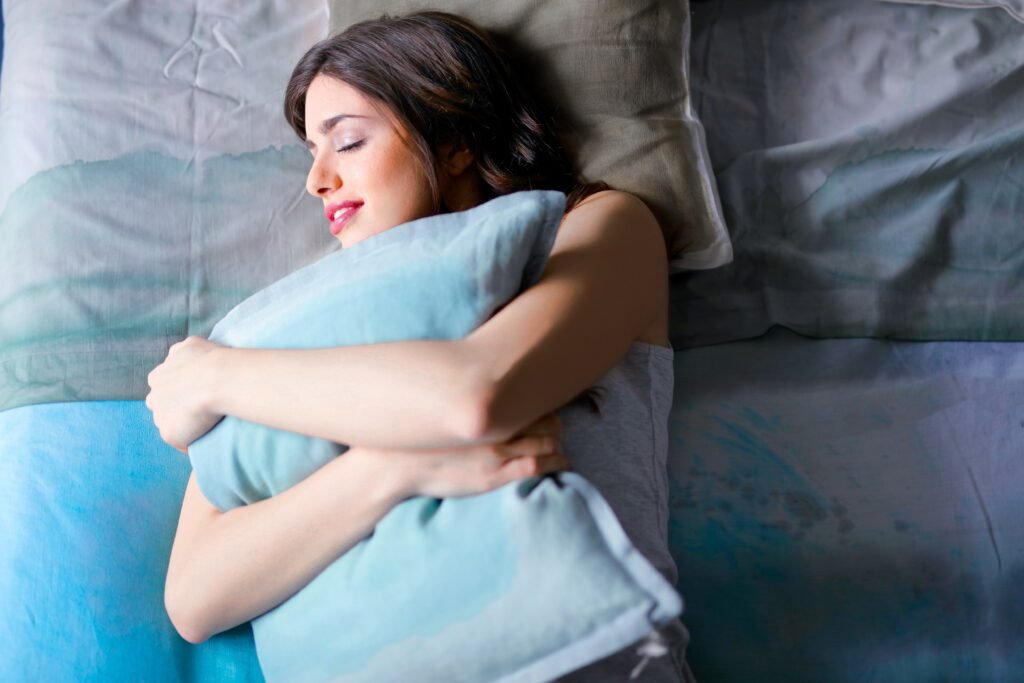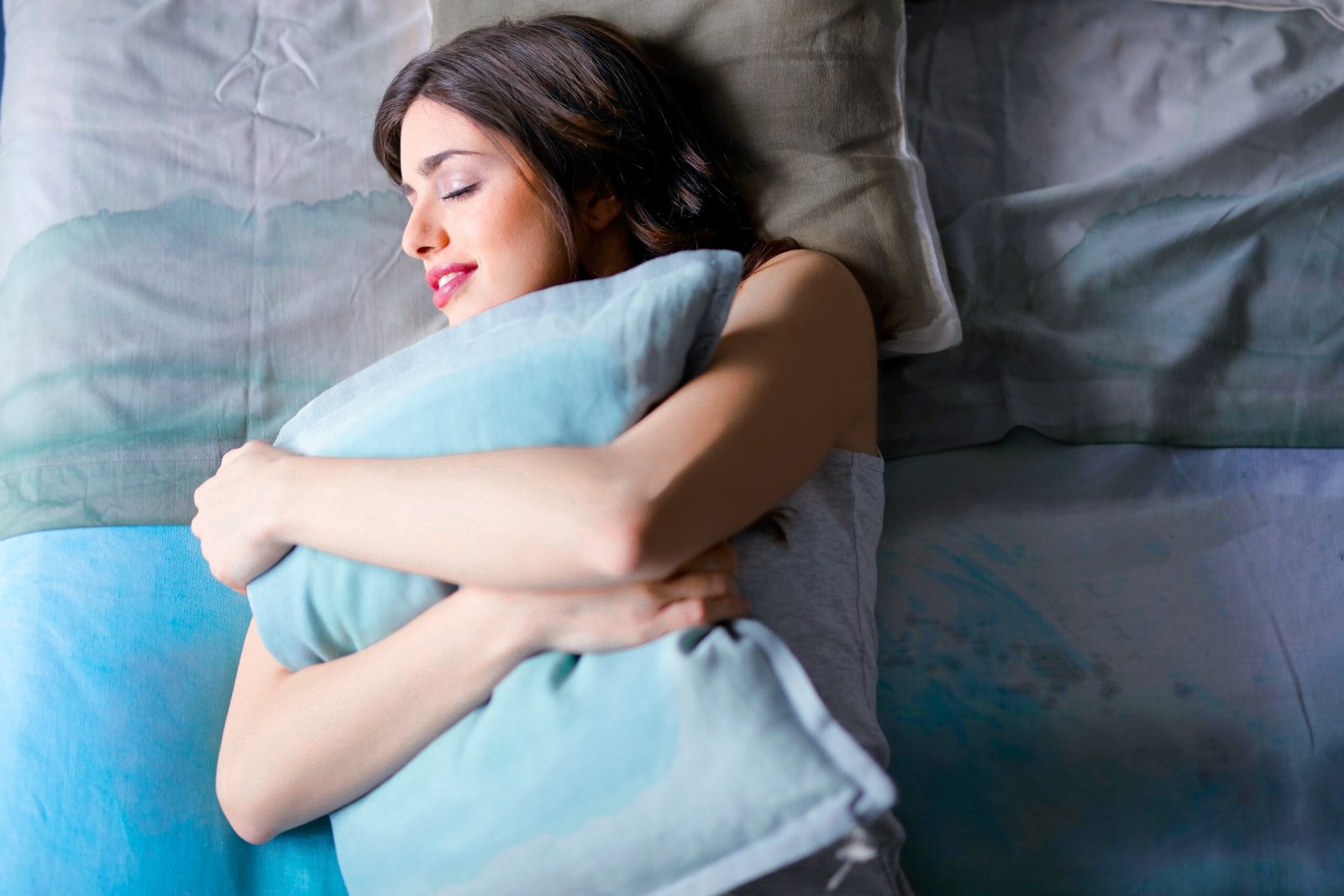More than one-third of adults in the United States consistently get less than six hours of sleep each night, reported by The Centers for Disease Control and Prevention (CDC). That’s a bummer, considering that getting enough shut-eye has a wide range of positive health effects, from improved heart health and reduced stress to enhanced cognition and decreased body fat.

Use our best ideas to help you get the shut-eye you need to maintain your health instead of stocking up on caffeine or sneaking in naps in order to help you sleep.
Set up a regular pattern of sleeping.
Although it could be alluring to stay in bed until noon on the weekend, doing so will just throw off your biological clock and cause you to have even more trouble sleeping. Establishing your internal sleep/wake schedule by going to bed at the same time every night, including on weekends, holidays, and other days off, helps to reduce the amount of time spent tossing and turning before falling asleep. This is true even if you are not working.
Get moving!
Researchers from the Department of Neurobiology and Physiology at Northwestern University found that formerly sedentary persons who engaged in aerobic activity four times per week had an improvement in the quality of their sleep from bad to good. A decrease in depressed symptoms, an increase in energy, and a reduction in daytime sleepiness were also noted by these formerly sedentary individuals. If you want to obtain a decent night’s sleep, it’s important to make sure that you finish your workout at least several hours before you want to go to bed. Otherwise, you might find it difficult to fall asleep.
Change your diet
By the middle of the afternoon, you should stop consuming foods and beverages that contain caffeine, such as coffee, tea, soft drinks, and chocolate. Dinner should be the least calorically dense meal you eat, and you should try to wrap it up at least three hours before night. Steer clear of hot or heavy foods if you want to avoid the nighttime discomfort of heartburn or indigestion.
Don’t smoke
A study indicated that smokers are four times more likely to not feel as well rested after a full night’s sleep compared to nonsmokers, even if they both got the same amount of sleep. Researchers at the Johns Hopkins University School of Medicine believe that the stimulating effect of nicotine and the nighttime withdrawal from it are to blame for this phenomenon. Additionally, smoking aggravates breathing diseases such as sleep apnea and asthma, both of which can make it more difficult to get a peaceful night’s sleep.
Say no to a nightcap
Alcohol interferes with the normal pattern of sleep and brainwaves that contribute to a feeling of rejuvenation upon waking. According to the Mayo Clinic, drinking a martini might help you fall asleep initially, but once the effects of the alcohol wear off, you’ll probably wake up and find it difficult to fall back asleep again.
Turn become a Luddite one hour before you go to bed.
According to findings from a survey conducted by the National Sleep Foundation (NSF), almost all of the respondents utilized some form of electronic device in the hour leading up to bedtime. These devices included televisions, computers, video games, and mobile phones. That’s not a good plan at all. The light emitted by these devices stimulates the brain, making it more difficult to relax. If you want to fall asleep more quickly and sleep more soundly, putting away your electronic devices an hour before bedtime will help.
Hog the bed
According to the findings of a study that was carried out by Dr. John Shepard of the Mayo Clinic, it was discovered that 53 percent of pet owners who sleep with their pets have sleep disruption every single night. In addition, more than eighty percent of adults who share their beds with children report having problems getting a restful night’s sleep. Dogs and children, in particular, are notorious for taking up an excessive amount of bed space while also being poor sleepers. Keep children and pets off of your bed since each person is entitled to their own private sleeping area.
Maintain a temperate climate rather than a tropical one.
Temperatures of eighty degrees may be ideal for the beach, but they are not suitable for the bedroom in the evening. A room with a temperature that is closer to the average human body temperature is ideal for sleeping. The National Science Foundation suggests maintaining a temperature of approximately 65 degrees Fahrenheit. You can reduce the temperature of your core body, which will help you fall asleep more quickly and sleep more soundly if you strike a balance between the thermostat, the bed covers, and the clothing you wear while sleeping.
Put a stop to it
Because your brain receives cues from light to indicate that it is time to wake up, the optimal sleeping environment should be as dark as possible. Melatonin is a hormone that helps regulate sleep cycles and overall sleep. Even a small quantity of ambient light from your cell phone or computer can interrupt the generation of melatonin, which can have a negative impact on your sleep.
Your bed should only be used for sleeping.
Your bed is not a place where you should work, eat, or watch television; it is just meant for sleeping. If you find yourself awake in the middle of the night, instead of turning on your laptop or turning on the television, try meditating or reading for a while until you find yourself feeling ready to go back to sleep.
A good night’s sleep is a precious gift. If you feel as though you are not getting enough sleep or that the sleep you are getting is of poor quality, making some of these straightforward tweaks may help you have more peaceful nights.
READ ALSO
FAQ
What helps you sleep naturally?
What foods contain a lot of melatonin?
What causes insomnia?
Which fruit is best for sleeping?
Which type of tea aids in sleep?
Reference
- Insufficient sleep is a public health epidemic. (2014).
cdc.gov/Features/dsSleep/ - Mayo Clinic Staff. (2012). Sleep apnea: Risk factors.
mayoclinic.org/diseases-conditions/sleep-apnea/basics/risk-factors/con-20020286 - Paul M. (2010). Aerobic exercise relieves insomnia.
northwestern.edu/newscenter/stories/2010/09/aerobic-exercise-relieves-insomnia.html - Sleep tips: 7 steps to better sleep. (2014).
mayoclinic.org/healthy-living/adult-health/in-depth/sleep/art-20048379

